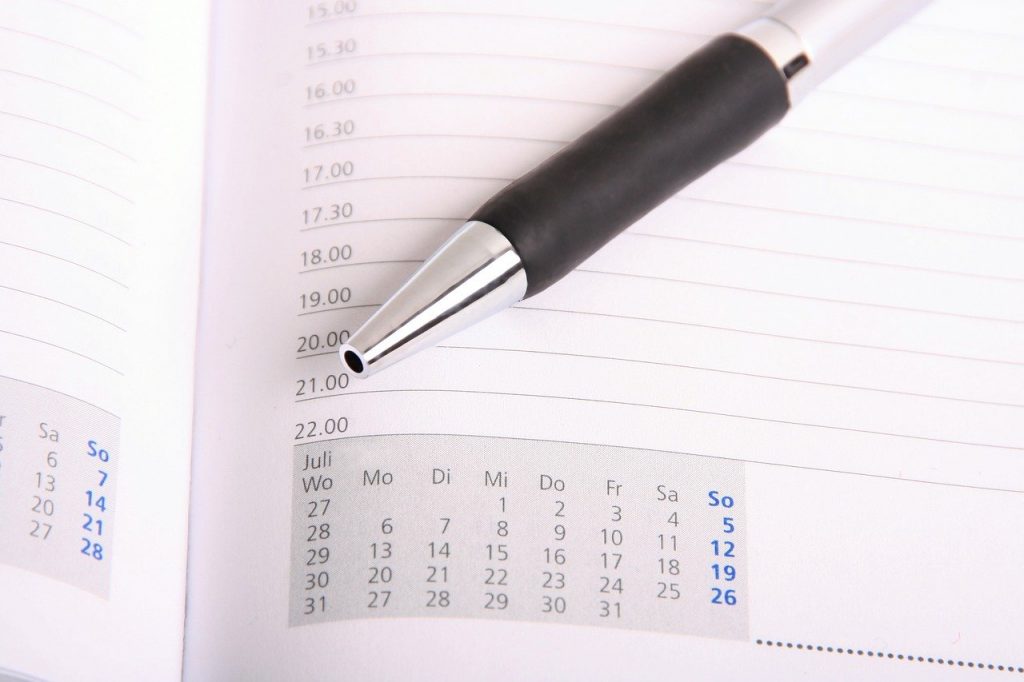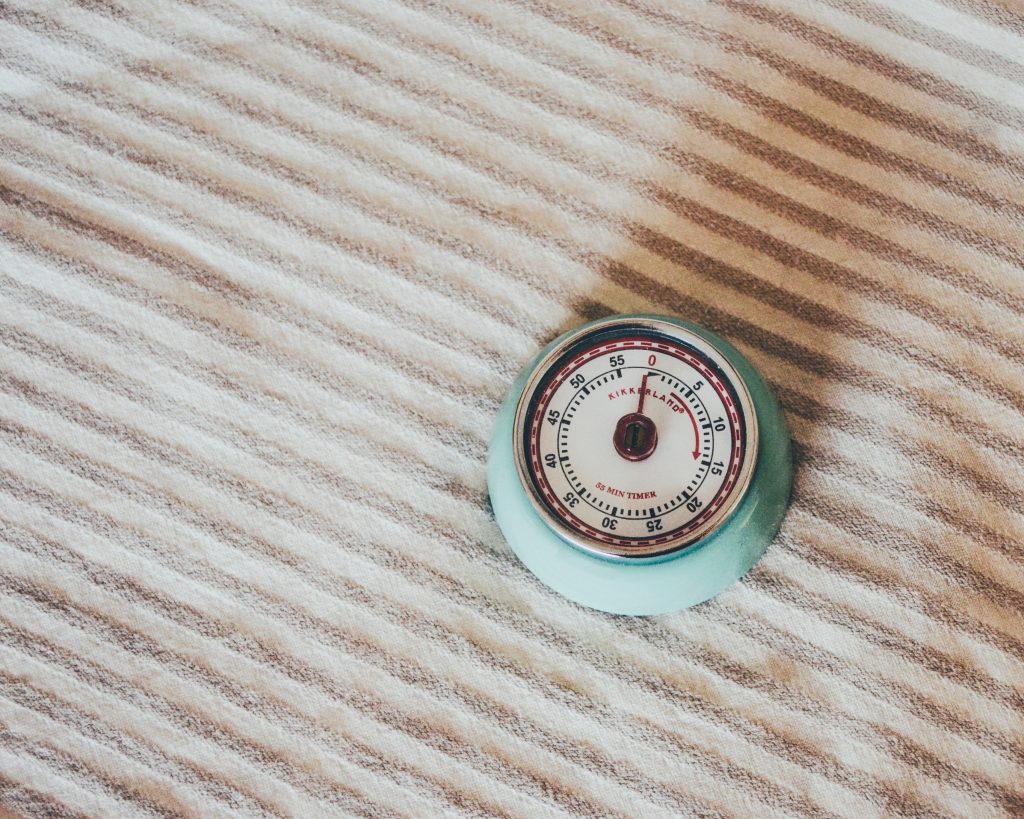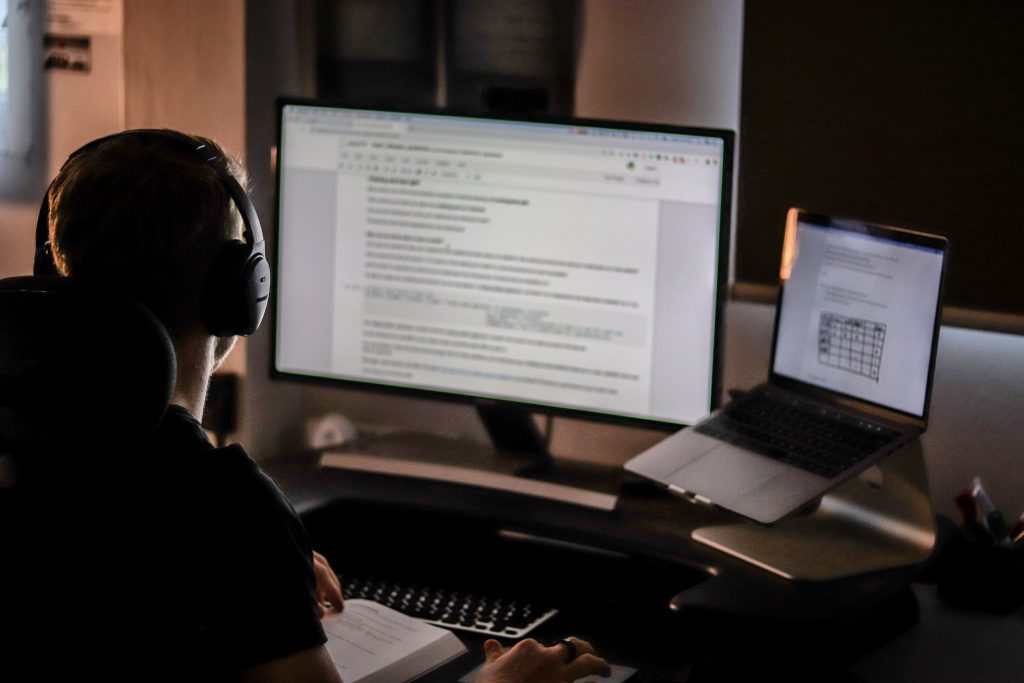How to study better: useful tips and productivity apps for students

In this article, we’ll explore 5 study methods and highlight some productivity apps for students that will help organize time, get things done, and avoid all-nighters. If you’re an auditory learner (someone who better absorbs information by hearing it), then you’ll be happy to hear that you can watch/listen to a video version of this article here. For those of you who prefer reading, let’s get stuck in.
Want to get the most out of your time?
Try DeskTime for free!
Try free for 14 days · No credit card required.
By signing up, you agree to our terms and privacy policy.

It’s tough being a student in this day and age. You’ve got access to a near limitless world of entertainment on the same device that you have to use for studying. Add social media into the mix and you’ve got a recipe for disaster.
Everything’s fighting for your attention and, more often than not, studying ends up being on the losing side of this battle. Getting started is already difficult, but then maintaining your focus for prolonged periods of time is an uphill struggle throughout.
Some people can just plant themselves at a table and knock out a multi-hour study session, no problem. But most of us can’t. So what can the rest of us mortals do to make our study sessions more productive, focused, worthwhile, and all in all – better?
Well, thankfully we’ve got some time-tested techniques and productivity apps for students to share with you that are used by productivity experts to, simply put, get sh*t done.
5 methods and productivity apps for students to start using right now
1. Start time blocking
Time blocking is the proactive act of putting aside a specific block of time that’s assigned to a certain task. The idea is that this allows you to plan time for all of the priorities of your day, and because of the dedicated, blocked-off time, you’re able to fully focus on the task at hand, armed with the knowledge that you don’t have to do anything else but focus on that task. This frees up cognitive capacity to not worry, feel guilt, or succumb to temptations during this time.

Now, this doesn’t mean putting aside an entire evening for studying. You can do that, but that’s not quite what time blocking is about. With time blocking, the benefit is that you have both a starting time AND an ending time.
Having an ending time gives you a deadline and this benefits you in two ways. First, as every student knows, deadlines make you more productive. And second, it lets you finish your study session without feeling guilty or it dragging deep into the night – you’ve done your part.
To make the most out of time blocking, you can pair it with a change in your study environment by, for example, going to the library or a coffee shop. It’ll be much easier to get started if people around you are also working, compared to when you’re alone and cozied up in your bed.
2. Make use of Pomodoro timers
Here’s a technique developed by an Italian student back in the late 1980s that is to this day highly recommended by productivity gurus worldwide. The student, Francesco Cirillo, used a tomato-shaped (hence the name Pomodoro, which is Italian for tomato) kitchen timer to break down work into intervals – once the timer rang, it was time for a short break.

The main idea is to work hard in short sprints and take regular breaks – your brain is like a muscle, it needs rest before it can flex again. And brain rest is well….taking breaks. Think of it as a HIIT workout for your mind.
We recommend the 52:17 method, where you work for 52 minutes, then rest for 17. Why? Because that’s what the most productive people do! At DeskTime, we conducted a study of the working habits of 10% of our most productive users. What we found out was that they, on average, work for 52 minutes before going on a 17-minute break. Check out our full study here.
Following this discovery, we added a 52-minute option to DeskTime’s built-in break time reminder, so our users can take advantage of this technique, be they a CEO or a student.
When it comes to the breaks, try to get away from the screens. Go for a quick walk, make a snack, do a chore. If your break consists of more screentime, then your brain won’t get the rest it needs and deserves.

Invite structure in your day!
Our all-in-one time management solution works wonders.
3. Eat the frog
A witticism often attributed to Mark Twain says: “Eat a live frog first thing in the morning and nothing worse will happen to you the rest of the day”. It’s not 100% clear if he really did say it, but, pedantry aside, it’s a fantastic piece of productivity advice. Or, at least, it has been re-interpreted as such by productivity experts.
In essence, it suggests you should get done with the worst part of your day ASAP, and then your day can only get better from there.

So, if you have some homework or essays to do or a particularly dreadful assignment, try to squeeze in a study session in the morning before your afternoon lectures and it will free up the rest of your day so you can fully enjoy the student life – be it a wild party or a 10-hour Netflix marathon. Or, if you have a full day of studying ahead, simply get started with the thing you dislike most to get it off your plate.
Getting things done in the morning lets you tackle tasks with a fresh mind and you’re less likely to be distracted by others. Plus, studies suggest that we have more willpower in the morning than in the evening, which means that the longer you’ll put off that task, the less you’ll want to do it.
But, if you’re not a morning person, then check out some other ways how to prioritize work.
4. Block apps to eliminate distractions
As mentioned in the intro, students have it particularly tough nowadays due to the million things that are fighting for your attention and winning. While studying, it’s tempting to check your Instagram, catch up on the news, or see what’s new on Reddit. Unfortunately, what starts as a quick peek tends to turn into an extended affair and before long you find yourself on page 54 of your favorite meme site, neglecting what you should be actually doing.

The answer’s clear, isn’t it? For a fruitful study session, you should block apps and pages that are your go-to distractions. You can find a plethora of free productivity apps for students online that help you do just that.
Plus, with DeskTime you can actually see and track where your time goes, so you can easily identify which apps and pages to block.
To take it to the next level, open up the resources you’ll need for studying and then disconnect your devices from the internet entirely.
Whatever method you choose, the idea is simple – you can’t get distracted by things you can’t access.
However, if you’re like me, you’ll still find ways to procrastinate by cleaning your room, rearranging furniture, and doing every chore imaginable. But the benefit of this kind of procrastination is that it’s finite. Plus, you’ll feel better about yourself if you end up cleaning your room, whereas mindlessly browsing the internet will just further exhaust your brain.
5. Listen to video game soundtracks
When studying, you’ll eventually run into a situation where you have to conduct deep work. This is work where you really have to get in the zone and concentrate. Besides minimizing all of the expected distractions (like turning off your ringtone), one thing that can help is putting on video game soundtracks.

The reasoning is encouraging – from the dopamine that’s released when listening to music to the fostered sense of achievement and unobtrusive drive that video game soundtracks are engineered to create. Designed to help you focus on tasks at hand without distracting you from them, video game music is the perfect companion for any study session.
Of course, not all soundtracks are created equal. Soundtracks from social simulation games like Animal Crossing tend to be overly mellow and too sluggish. A better fit for studying comes in the shape of music from puzzle games, such as Portal and Half-life, which push you towards completing tasks. And you can’t go wrong with such adventure games as Halo, Skyrim, and Metal Gear Solid, whose orchestral epics will inject a dose of motivation into even the most lethargic student.
Conclusion
By using these tips and productivity apps for students you’ll always be on top of your study schedule and never miss a deadline again. You can use them all simultaneously, or find the best mix that works for you. Ultimately, all these methods help push you towards getting started, which tends to be the hardest part of studying.
But these are by no means limited to just studying. Applying these methods to personal or professional tasks can be just as rewarding in terms of boosting productivity and combatting procrastination. That’s right students, you’ll still be dealing with similar productivity issues after graduation, albeit in a different setting. So start developing good habits today and you’ll feel the benefits for decades to come.
DeskTime can help significantly. It lets you track how you spend your time, see how much of it is productive or not, set break timers, and plan your time, ultimately boosting your productivity. Give it a try!
Did you find this article useful? Give it a clap!
Psst! You can clap more than once if you really loved it 🙂